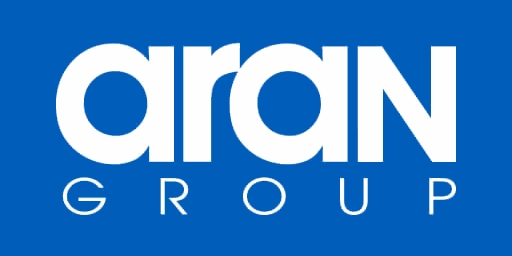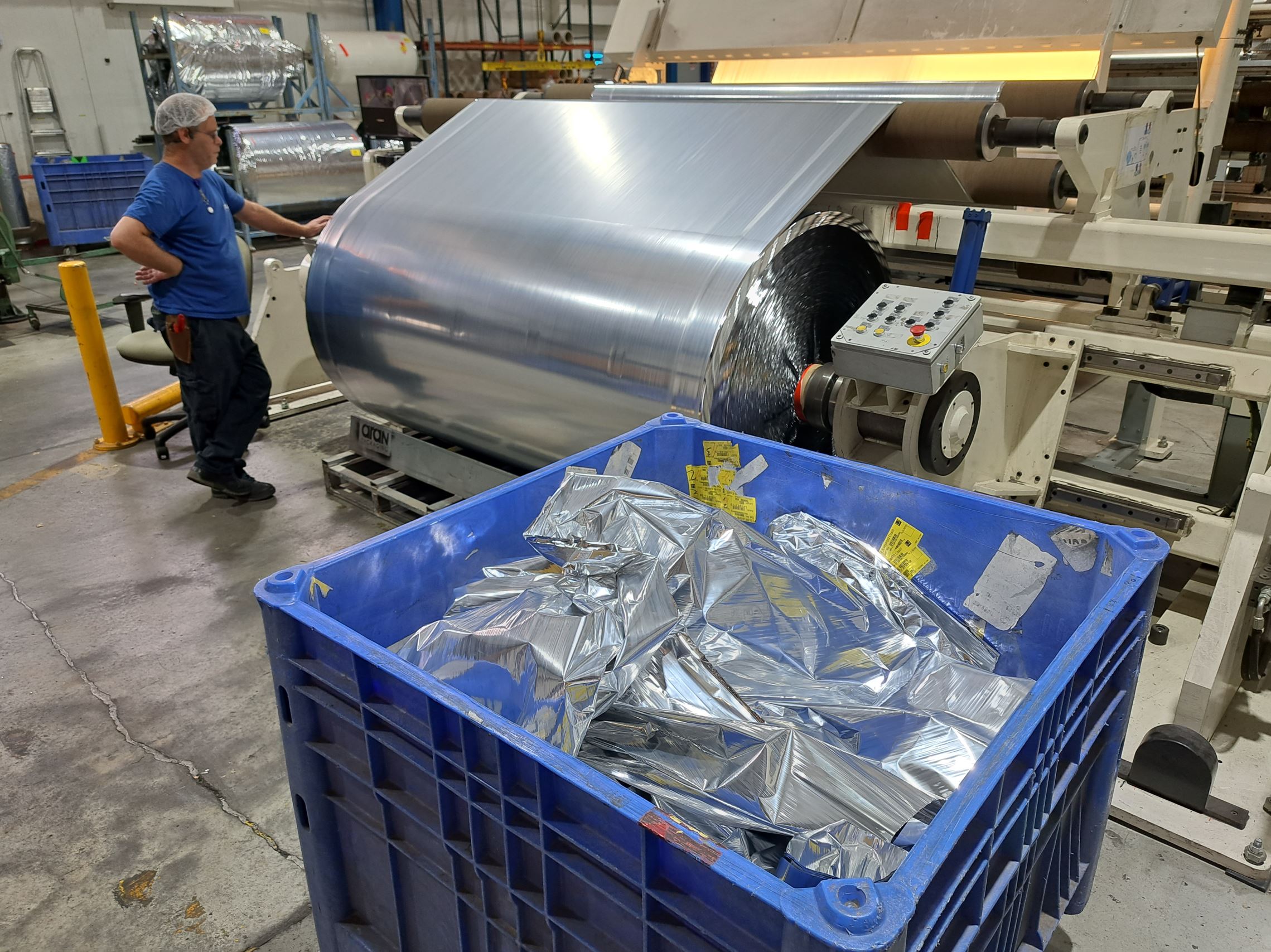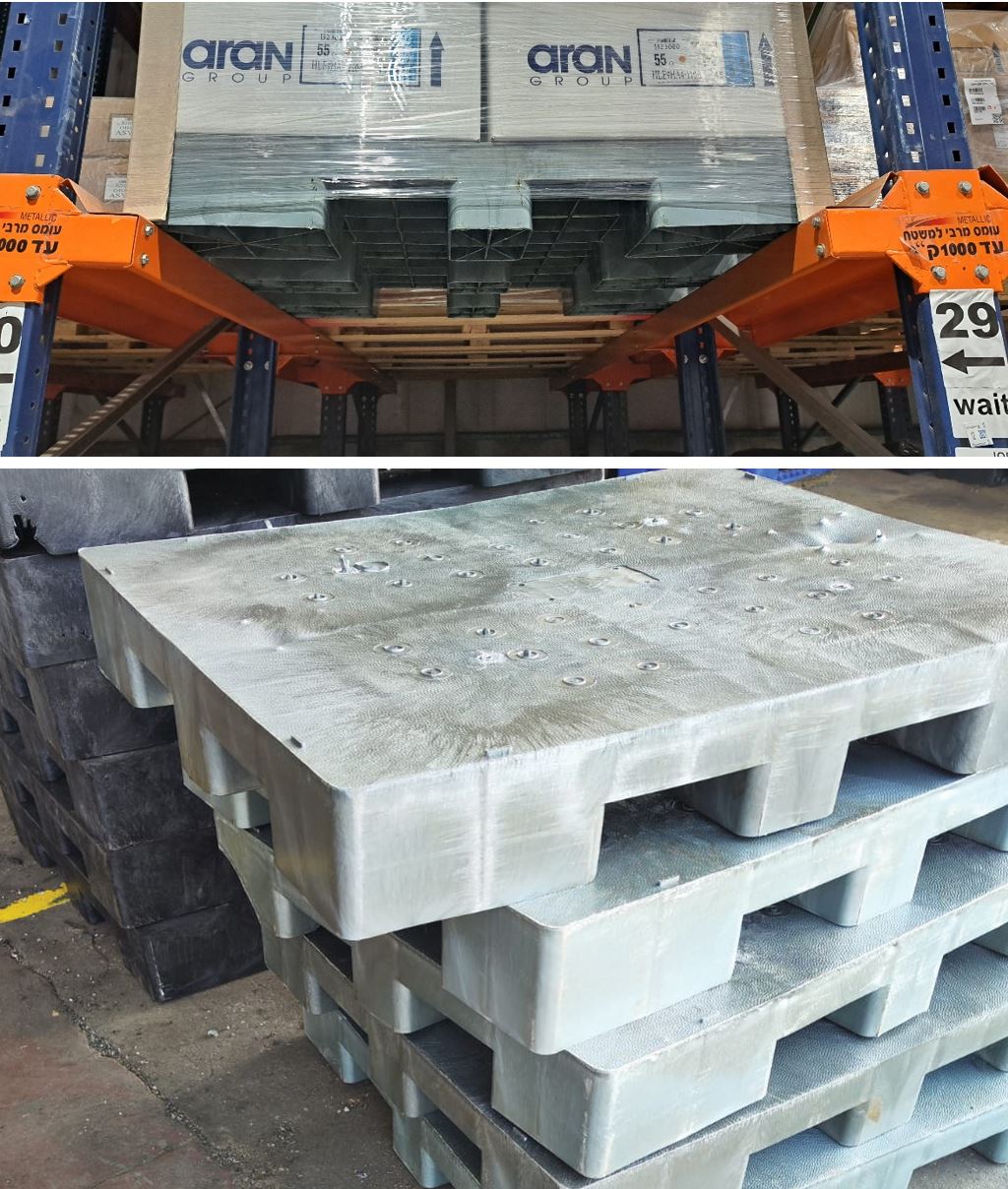Aran's recycling innovative for sustainable future
Patent-pending recycling process combines agricultural plastic film waste and Aran's Bag In Box tomato packaging laminates, and turns them into a valuable product in a variety of industries
On the occasion of Global Recycling Day on March 18, the Aran Company published a press release which highlights a unique recycling initiative for handling two types of waste: agricultural films and tomatoes BIB (bag in box) packaging, into a valuable new product. Typically, these post-consumer recycled (PCR) and postindustrial recycled (PIR) wastes pose significant challenges for separate recycling and often end up in landfills or energy recovery facilities.
After research it has been discovered that a chemical synergy between these materials can yield a raw material suitable for industrial use. The process is currently patent pending, and have applied, with other companies, to be included in the Horizon program of the European Union.
 Everyone knows the simple mathematical rule that if you multiply two negative numbers you get a positive one. However, in real life, finding two disadvantages giving a distinct advantage is rare. Such a case can be found in recycling. This case illustrates a way to take two types of post-consumer waste, sourced primarily from agricultural film and bag-in-box packaging in the tomato industry, and turn them into valuable products. This innovative material reduces the landfilling of those waste streams and supports a circular economy.
Everyone knows the simple mathematical rule that if you multiply two negative numbers you get a positive one. However, in real life, finding two disadvantages giving a distinct advantage is rare. Such a case can be found in recycling. This case illustrates a way to take two types of post-consumer waste, sourced primarily from agricultural film and bag-in-box packaging in the tomato industry, and turn them into valuable products. This innovative material reduces the landfilling of those waste streams and supports a circular economy.
The challenges in PCR of plastic films for agriculture waste
The Roded Company specializes in recycling agricultural plastic waste. "Post-consumer agricultural waste is one of the most difficult plastic wastes to recycle. These greenhouses cover and mulch PE films, exposed to dirt, sand, and dust. Changes in the temperature, during day and night, winter and summer, also contribute to the polymer's cycles of shrinking and expanding and the penetration of microscopic-level pollutants into the polymer. In addition, the films undergo prolonged exposure to pesticide materials as well as to solar radiation. These cause unwanted phenomena in the polymer such as degradation, cross-linking, loss of elasticity, and making the polymer brittle. This damage reflects on the polymer Melt flow index (MFI): the original MFI values are 4-6, while the PCR material reaches much lower MFI values, 1 or less.
Washing and mechanical dry-cleaning improve the results, but it is still necessary to add flow enhancers or lubricants in the form of paraffin oil or PE-based wax to the recycling process. Despite that, the recycled material remains with a problematic melt flow that limits its applications, especially in pressing and injection manufacturing. It is possible to increase the temperature to improve the melt flow, but recycled materials are more thermally sensitive, and tend to degradation”.
The challenges in recycling laminate waste that contains various polymers as well as metallization
Another waste that is difficult to recycle is laminate. These films consist of a combination of different polymers, PE and PA or PET, which are not compatible, and recycling them together is challenging. The addition of an aluminum layer to the film will cause it to end up in landfills or energy recovery as an end-of-life solution. "These films are part of the BIB (Bag In Box) that we manufacture at Aran", says Lior Mor, CEO of Aran group "We reduce their use, but for some food products, they are necessary. As part of our commitment to recycling and circular economy, we invest efforts to find an environmentally friendly end-of-life solution for these types of films, whether it is industrial waste from the production processes of organizations, or post-consumer waste."

What happens when you combine agricultural plastic film waste with metalized laminate waste from the BIB processes?
An innovative collaboration between Aran and Roded led to finding a creative solution to the challenges faced by each of the companies individually. Significant development work has revealed that combining the two different types of waste and recycling them together produces an improved raw material. An in-depth study revealed that the low-level aluminum from the metalized films has a positive effect on the melt flow of the material and acts as a flow enhancer as well as a reinforced material that contributes to the final product. It is in patent-pending processes and initial pilot facilities already exist at Roded's factory in Israel. It relies on unique cleaning, shredding, processing, and manufacturing technologies, including mold design with release mechanisms of volatile materials generated in the recycling process.
From agricultural waste and laminates to industrial pallets
"Reusable plastic pallets, produced by pressing, are an ideal application for these recycled materials”, says CEO and founder of Roded Company. “They replace the wood pallets which are commonly used in the industry. They are less susceptible to contamination and the fact they are produced from recycled material is a significant advantage."
Compared to wooden pallets the plastic ones are lighter and more durable. "Thanks to the use of recycled raw material, we manage to maintain the same price level. This is the first pallet that presents a negative carbon footprint. This product presents advantages even when comparing it to pallets made of virgin plastic. The recycled material contains inherent foaming which lowers its density and enables more energy-efficient logistical transportation. Moreover, the product has improved mechanical strength, and it does not require metallic reinforcement."
The carrying capacity of the pallet is 4 tons when placed on the ground and 1.2 tons when stored on high shelves. Thus far, thousands of pallets have been produced. All are safe for secondary packaging of food products.

Advantages of plastic pallets from recycled materials in food packaging applications
In the wooden pallets that are commonly used, there is a looming concern regarding contamination and potential damage to food products. However, plastic pallets offer a solution to this problem. Not only are they environmentally friendly, but they also provide peace of mind when it comes to food packaging. Plastic surfaces, unlike their wooden counterparts, can be reused without the fear of contamination, eliminating the need for frequent disinfection. This quality makes them highly suitable for food packaging applications, ensuring both safety and sustainability throughout the supply chain.
What does the future hold? Establishing a reverse logistics system to collect post-consumer BIB waste.
The next step of this project is to recycle post-consumer BIB waste. “We intend to collect the outer bag of the packaging, which does not come in direct contact with the food. This layer is the massive one, and it's about 70% of the weight of the entire plastic packaging," says Luis Hernandez, CEO of Aran Europe. "Aran group will lead the establishment of a reverse logistics system for collecting PCR BIB from its customers. We are submitting the project to the European Union's Horizon program and hope to bring positive change in the field of sustainable BIB", he concludes.
Source: Aran


 Everyone knows the simple mathematical rule that if you multiply two negative numbers you get a positive one. However, in real life, finding two disadvantages giving a distinct advantage is rare. Such a case can be found in recycling. This case illustrates a way to take two types of post-consumer waste, sourced primarily from agricultural film and bag-in-box packaging in the tomato industry, and turn them into valuable products. This innovative material reduces the landfilling of those waste streams and supports a circular economy.
Everyone knows the simple mathematical rule that if you multiply two negative numbers you get a positive one. However, in real life, finding two disadvantages giving a distinct advantage is rare. Such a case can be found in recycling. This case illustrates a way to take two types of post-consumer waste, sourced primarily from agricultural film and bag-in-box packaging in the tomato industry, and turn them into valuable products. This innovative material reduces the landfilling of those waste streams and supports a circular economy. 





























